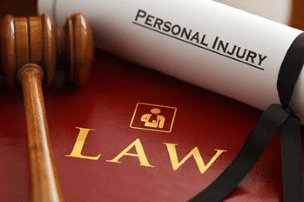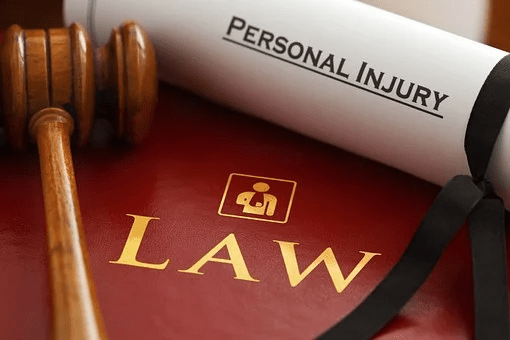Can You Sue a Corporation for Your Injury?


Are corporation people, too? If the answer is yes, can they be sued if their actions injured someone? The answer is very nuanced depending on the type of corporation and the industry it is part of. As a rule of thumb, corporations can be sued for the harm done but under strict conditions. Some of them have annual profits that are larger than a country’s GDP, so picking up a fight against one is surely much more challenging than a David versus Goliath scenario.
Why Some Corporations Cannot Be Sued
Some corporations have built clever systems to shield themselves against liability when the little person might sue. For instance, data plan agreements or online services like YouTube or Google come with a so-called Terms and Conditions agreement, which nearly nobody bothers to read, that usually force the customer to waive their right to sue the corporation and go the arbitration route if they were ever harmed by the corporation’s misconduct.
The chief problem is that most arbitrators are bought and paid by those corporations, so there’s little chance for a person who signed a Terms of Use agreement with such companies to get the compensation they are due.
If you are a corporation’s employee and got injured due to the company’s negligence or recklessness, you would still not be able to sue. As an employee, you will be able to get a settlement from the corporation’s workers’ comp insurance provider, and that’s about it.
Also, accepting workers’ compensation means that you won’t be able to hold the corporation liable in a personal injury lawsuit. That also means that you will be entitled only to monetary compensation for your medical bills and lost time away from work, but there will be no money for your pain and suffering or property loss.
Also, if you slip and fall at Walmart, you will be able to sue the retailer, but 100% of cases are closed with a settlement offer.
The case of drug companies is even more sinister. Until 2013, you would be able to sue drug makers for injuries caused by their products even if the side effects were clearly stated on the label. Nowadays, in many states, you can no longer sue a drug maker for injuries caused by a side effect mentioned on the drug’s label.
But proving a cause-and-effect relationship between the drug and your injuries is a very challenging endeavor. That’s how class action lawsuits start in which multiple plaintiffs claim that they were injured by the said drug, and once the cause-and-effect relationship is established any other plaintiff with the same injuries can get compensation without having to prove the relationship from scratch once more.
Another disturbing practice by drug makers is that companies like Pfizer and Moderna that now offer the experimental COVID-19 vaccine to the public are federally shielded from criminal prosecution under the Public Readiness and Emergency Preparedness Act (PREP Act) unless they intentionally tried to harm vaccine recipients. In other countries, vaccine takers are asked to sign a waiver of their right to sue the pharmaceutical company if something bad happens.
That is disturbing news when it comes to these so-called COVID-19 “vaccines” based on experimental gene-modifying technology, especially with so much news about a link between these new medications and deadly blood clots and even mysterious COVID-19 infections.
When Can I Sue a Corporation?
In theory, if you were injured by a corporation’s reckless behavior, you could file a personal injury lawsuit against it, but make sure that a team of experienced law professionals like the ASK LLP personal injury attorneys has your back. In some states, however, corporations are not seen as individuals under the law so they cannot be sued.
Your best bet, in that case, would be to sue an individual working for the corporation, but that is easier said than done. Only a lawyer specialized in corporate affairs could tell you if your case has any odds of success. And if your case does look good, the corporation will very likely offer to settle with you to avoid a PR disaster before the lawsuit even kicks off.



